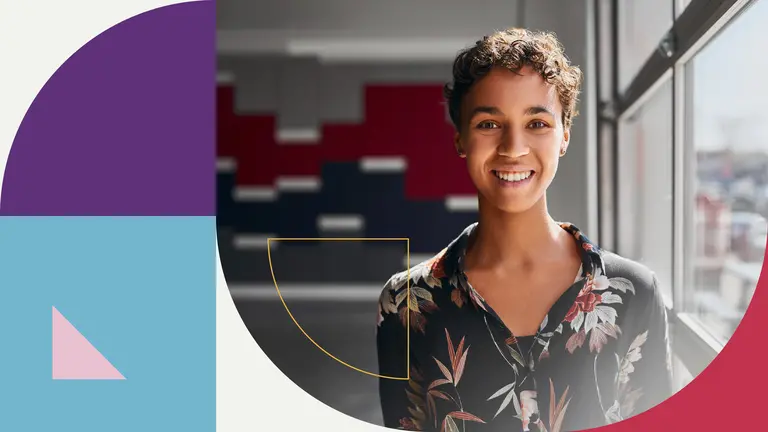
Maude Lizaire, a student at the University of Montreal supervised by Guillaume Rabusseau, presented her doctoral thesis, "Connecting Neural Networks, Automata Theory and Tensor Network Methods for Sequence Data Learning" to a crowded room at Mila on September 19, 2025.
As the first Black woman to earn her doctorate at the institute and committed to a more inclusive science, she will leave a lasting mark on the Mila research community. A look back at an exceptional journey marked by a commitment to accessible science.
Analyzing AI Models for Optimization
Maude's research aims to optimize the architecture of artificial intelligence systems by understanding and comparing the capabilities of different models. This allows for the design of more efficient and economical models by using mathematical methods that act like "magnifying glasses" to analyze these architectures.
Among these, tensor networks, initially developed in quantum physics to describe complex interactions between electrons, are also used in AI, where many parameters and data interact in a similar way.
The excellence of this work earned Maude Lizaire the prestigious IVADO and Vanier scholarships, major recognitions in the Canadian scientific community. More recently, her research was presented as a Spotlight paper at the ICML 2024 international conference, a distinction reserved for only 3.5% of submissions.
"It was extremely motivating and a great recognition from the research community", she exclaims.
Committed to Equity, Diversity, and Inclusion at Mila
Initially drawn to Mila's humanist and community values, Maude emphasizes that "there is a true spirit of collaboration and collegiality, without competition among students".
She also appreciates the great diversity of nationalities and cultures, which enrich discussions and relationships within the academic community. This great diversity fuels discussions on complex issues related to equity, diversity, and inclusion, where reaching a consensus faces persistent challenges.
Maude quickly became involved in Mila's EDI committee to put her values into practice: "When you see that something isn't right and affects other people, you ask yourself how you can help improve things".
As a Black woman, she is well aware of the issues of underrepresentation of marginalized groups in STEM in Canada. This commitment therefore allowed her to participate in the development of a more welcoming environment.
Cultivating Connections for a More Human Science
Her desire to share science and inspire future generations was also demonstrated through active participation in science communication, by designing workshops for young people and speaking on numerous panels for the general public.
Maude emphasizes the vital importance of dialogue between scientists and society, and of representation: "It is essential that scientists continue the dialogue with society, because these issues affect us all".
Throughout her studies, she was motivated by the hope that her experience would contribute to a research environment where kindness and mutual support foster the full development of students.
"Not feeling fully in your place should not be a hindrance. On the contrary, it's a sign that our voices and perspectives can enrich and advance the environment", she concludes.





